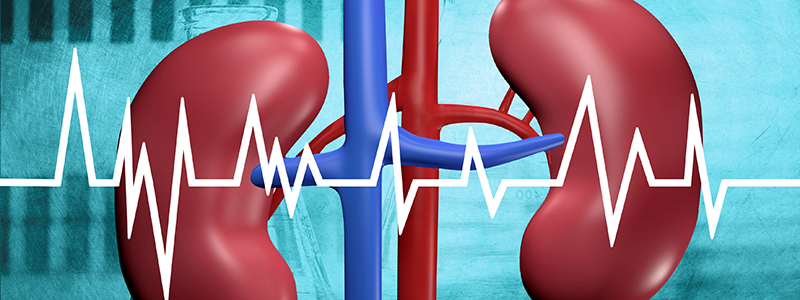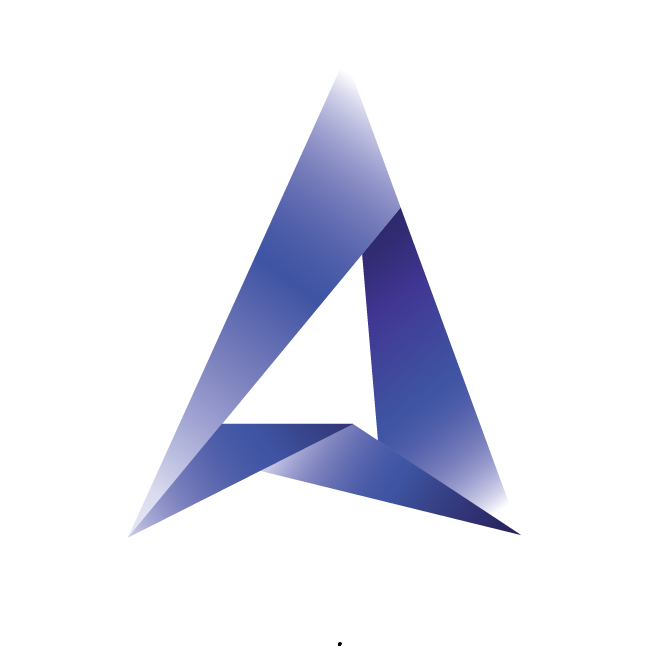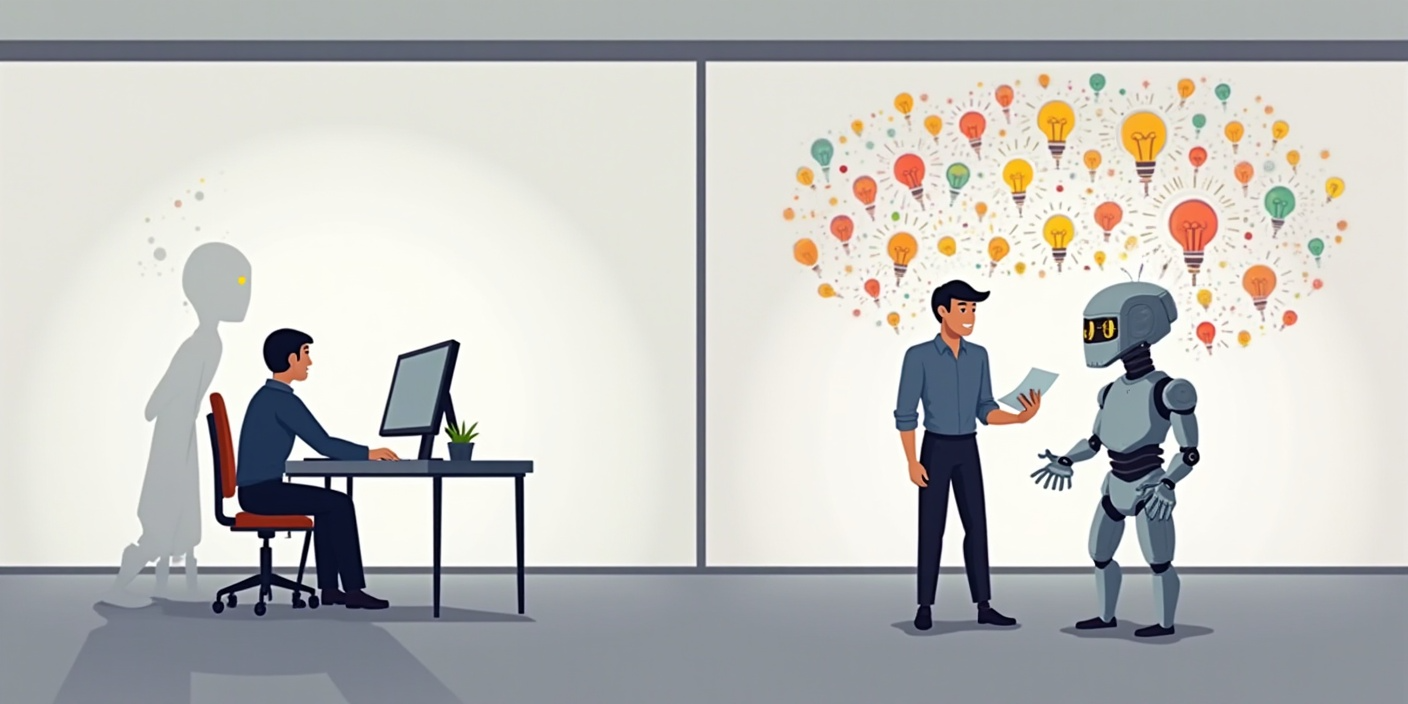Courtesy
DeepMind is an AI company owned by Alphabet Inc. The company made headlines with its AlphaGo program beating a human champion in 2016. It is now addressing a very different problem. One out of nine deaths in hospital can be connected to failures in recognizing and treating deteriorating patients. Yet, the early prediction of deterioration is a challenging task. Specifically, acute kidney injury (AKI) is a potentially life-threatening condition that affects about one in five inpatients in US. However, the previous approaches modeling this disease are not accurate and timely enough to be used effectively.
DeepMind built a recurrent neural network that has been trained on a large dataset of electronic health records covering various clinical environments. This deep learning approach uses medical data, such as blood test results, and enables continuous prediction of the likelihood of future AKI in patients. The accuracy for AKI that need dialysis is 90.2% with a lead time of up to 48h (the downside is that for every true alert, there are two false alerts). In addition, the method provides predicted outcomes for future blood tests. This approach has the potential to be used in clinical settings. DeepMind is incorporating this new approach into its Streams app that is used in hospitals for identifying patients at risk.
Link: article
Contact: nenadt@google.com; jledsam@google.com
Location: UK
Purpose
To predict the occurrence of certain clinical condition in patients
Idea
Use deep learning methods on a large dataset of clinical data
Further Possibilities
1. Predict stock prices using AI
2. Predict economic recessions using AI
3. Use AI for epidemic prediction
4. Use AI to predict Nobel Prize winners
5. Run an AI-algorithm contest to improve the accuracy of AKI prediction
Questions
1. What might be all the ways to build the largest medical database?
2. What might be all the ways to deal with inaccuracies in AI diagnoses?
3. How should we use AI predictions when we don’t understand the mechanism behind the predictions?







